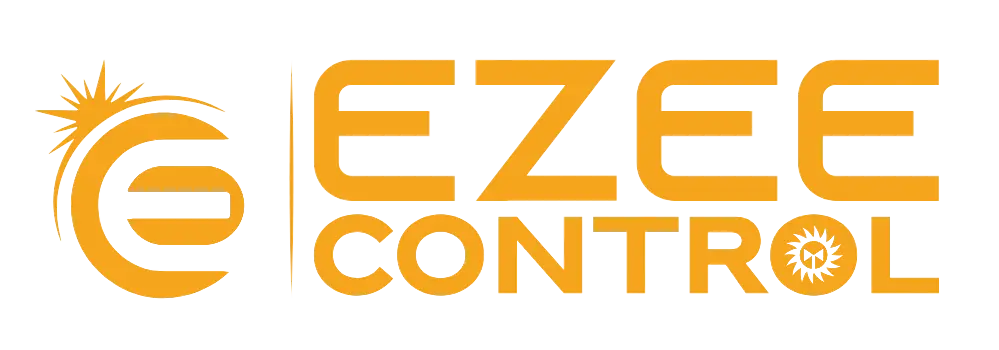1. What are the types of automation?
There are three significant types of automation: fixed, programmable, and flexible.
- Fixed Automation: Fixed automation is designed for high-volume production with a dedicated sequence of operations, offering efficiency but limited flexibility for product changes.
- Programmable Automation: Programmable automation allows reprogramming and adaptation to different product configurations, making it ideal for batch production.
- Flexible Automation: Flexible automation enables rapid and automatic switching between products, which is suitable for varying production requirements without significant downtime.
At Ezee Control, we help businesses implement the right automation type based on their production requirements, offering expertise in all three.
2. What is Process Automation?
Process automation involves using technology to automate repetitive tasks and streamline workflows. This can include tasks like repetitive data entry, moving files, processing and reading documents. It can also include common workflows like approvals, creating documents from templates, and communication management.
3. How does SCADA work?
SCADA (Supervisory Control and Data Acquisition) systems monitor and control industrial processes through sensors and remote terminals. Ezeecontrol’s SCADA-compatible solutions help you track performance and identify issues in real-time, optimizing operational efficiency.
4. What do industrial automation companies do?
Industrial automation companies design, implement, and maintain systems that automate processes to increase efficiency and reduce errors. Ezee Control delivers advanced automation solutions as per customer requirements.
Industrial automation uses control systems like robots and software to operate machinery and processes with minimal human intervention. Ezee Control’s industrial automation solutions improve productivity, accuracy, and safety.
5. How do I prevent my solar panels from lightning damage?
Protecting Your Panels from High-Voltage Surges
While 100% protection can never be guaranteed, there are several ways to maximize the safety of your system through extreme weather.
1. Proper Installation
Simply installing your system by a professional solar company can avoid most solar panel damage. Work with an experienced and knowledgeable solar company so you’ll feel confident that yours will do the same.
2. Grounding
A grounding system creates an effective and safe pathway for excess electricity to flow directly into the ground. Installing a grounding system can protect your panels from the high-voltage surges often caused by lightning strikes.
3. Surge Protection Devices
Solar surge protection devices can help to detect voltage surges/ spikes. If high-voltage is detected, they divert excess energy to ground and away from your panels. Some devices are able to reset themselves after diverting a surge while others have to be replaced.
